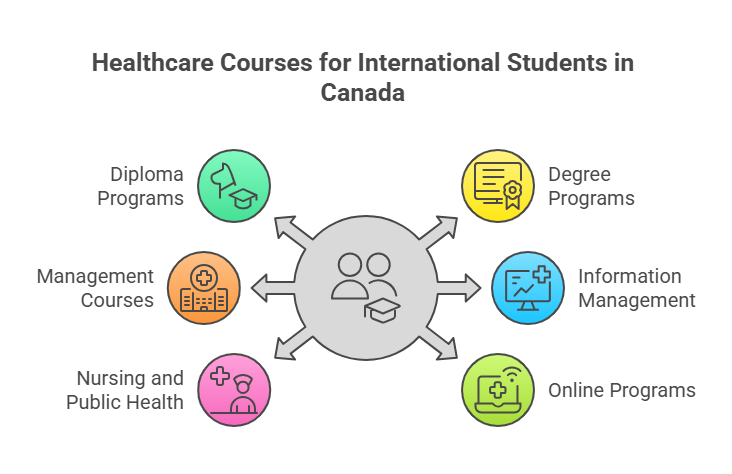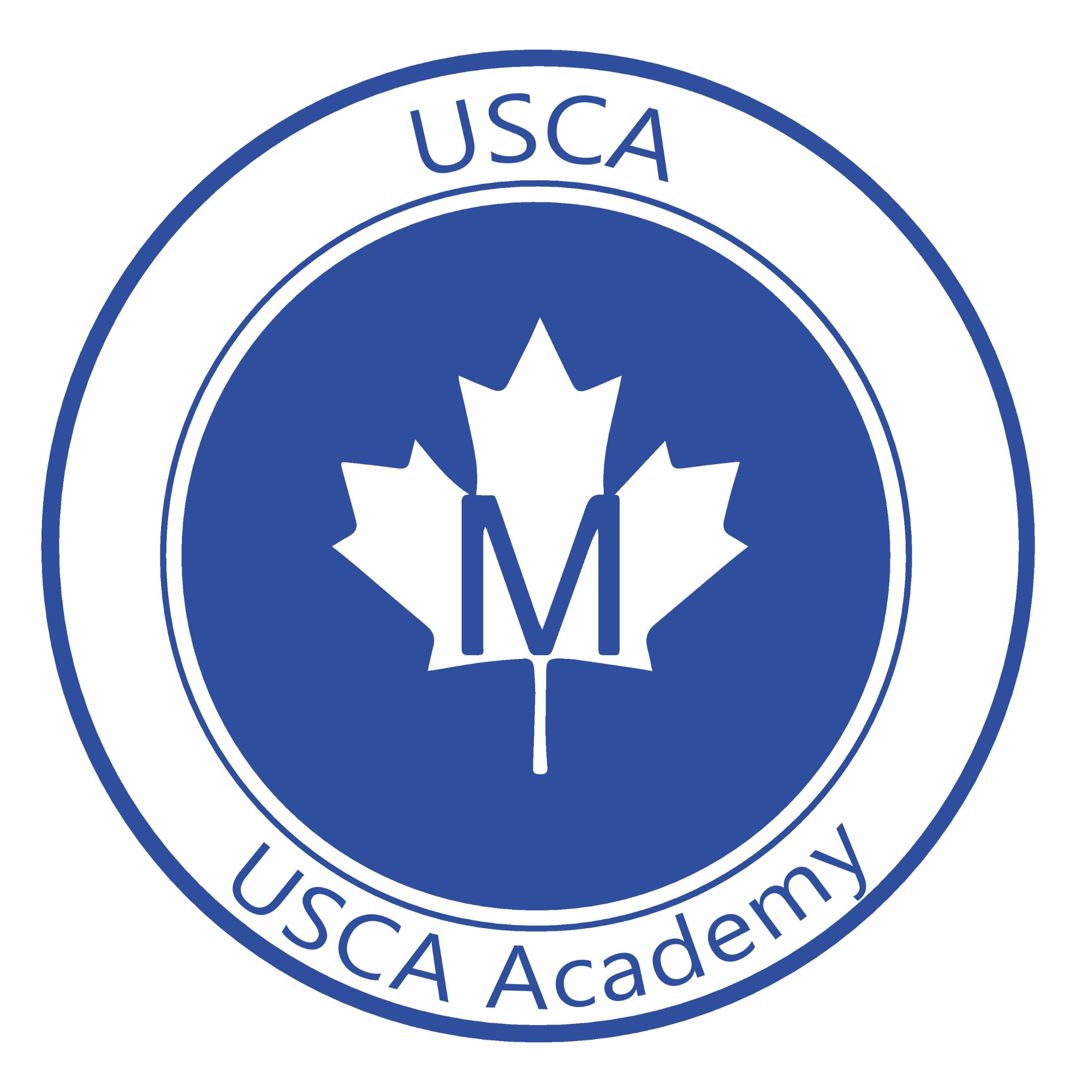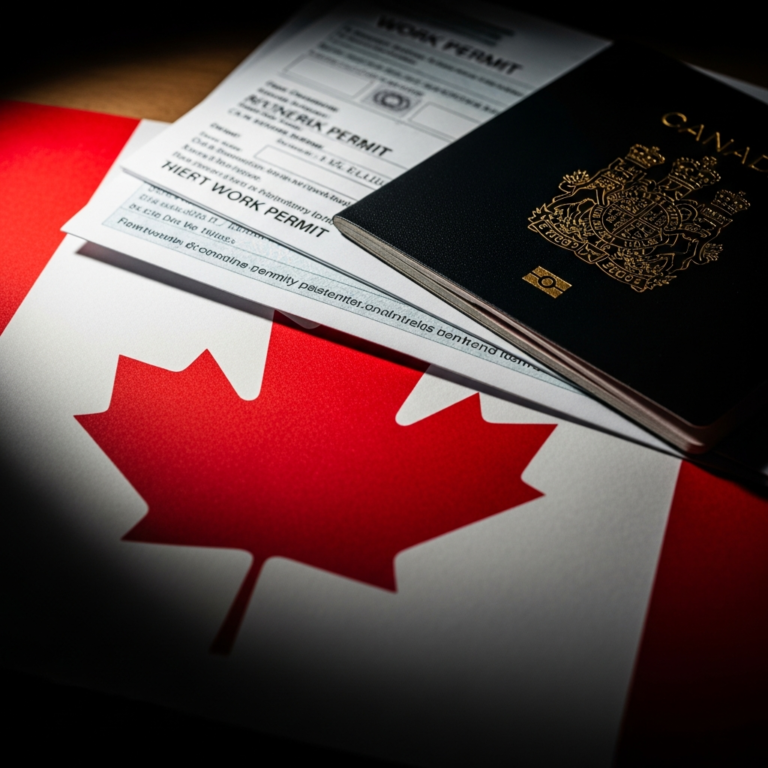Looking to build a rewarding career in a country known for world-class healthcare? Canada’s healthcare courses for international students offer a powerful launchpad into the global medical and health sector. These healthcare courses offer globally recognised qualifications, hands-on training, and strong career prospects in the growing healthcare sector. An ageing population, growing healthcare system facilities, and the rising number of professional workers have transformed the country into a favourite place among foreign students.
Top Healthcare Courses in Canada for International Students
Canada has a huge variety of healthcare programs available to international students, including nursing and pharmacy, as well as healthcare administration and medical laboratory science. These programs integrate academic excellence and practical clinical experiences which qualifies the students to take up popular positions within the Canadian healthcare system. University of Toronto, McGill, and Centennial College are among the best places a future healthcare professional can be.
1. Diploma Programs in Healthcare
Canadian healthcare diploma programs are designed to suit you in case you are an international student seeking to get into the job market in the shortest time possible. These are practice-oriented programs of 1-2 years in duration that prepare individuals in fields such as patient care, medical office management and pharmacy technicians.
Popular Diplomas:
- Medical Laboratory Technician
- Personal Support Worker (PSW)
- Health Care Assistant (HCA)
2. Degree Programs: Bachelor’s and Master’s in Healthcare
Bachelor’s and Master’s programs offer advanced knowledge and clinical experience to those who want to pursue more advanced jobs. Such programs are usually mandatory in the case of regulated professionals such as nursing, physiotherapy, and public health. 1 year healthcare courses in Canada for international students provide fast-track training for entry-level roles in nursing support, health assistance, and medical office administration.
3. Healthcare Management and Administration Courses
Healthcare management courses in Canada for international students prepare future leaders to oversee healthcare operations, policies, and strategic planning in hospitals and clinics. Healthcare administration courses prepare the students to administer healthcare facilities, health projects, as well as effect policy changes. They are joint healthcare, knowledge and business, and leadership training programs.
4. Health Information Management and Medical Coding
Such programs are concerned with patient data organisation, management, and security. With the shift to digitalise healthcare, the expertise in healthcare information management and coding is growing in demand. Healthcare diploma courses in Canada for international students offer practical, skill-based education to launch a career in Canada’s thriving healthcare industry quickly.
5. Nursing and Public Health Courses
Canadian nursing programs intended to train international students are of high esteem and renown all over the world, as they provide intense, academic-based training with practical clinical experience. Both a Practical Nursing diploma and a Bachelor of Science in Nursing (BScN) enable you to write the licensure exam and work in various employment opportunities in healthcare-related practices.
Conversely, the public health programs are directed toward such spheres as epidemiology, health promotion, and community health. The careers unlocked by these courses include NGOs, government policy, and global health organisations.
6. Online Healthcare Programs and Flexible Learning Options
International students in Canada who pursue online healthcare courses have the benefit of flexible learning since they can study and work at the same time. These are certificate programs in health leadership, digital health and health data analytics. Healthcare administration courses in Canada for international students focus on developing administrative, financial, and leadership skills needed to run medical institutions efficiently.

Why Study Healthcare in Canada?
Canada boasts quality education in healthcare, top-notch facilities and plenty of practical training. The advantages to international students include internationally recognised qualifications, multicultural learning experience, and access to a job market that is increasing due to the ageing population and the increasing healthcare services. Not only do you gain skills that are in demand through studying healthcare in Canada, but you also get the chance to enjoy the benefits of a great global career.
The Growth of the Healthcare Industry in Canada
The Canadian healthcare industry is among the most prosperous employment markets. According to the Government of Canada Job Bank, Healthcare administrators, registered nurses, and health information managers will face stable demand. As the public healthcare system in Canada is constantly expanding and is adopting digital health technologies, the professionals trained in this country are valued on the international market.
Benefits for International Students
- Post-Study Work Permit (PGWP): Healthcare programs allow you to work in Canada after graduation; most of them are eligible for PGWP.
- Pathway to PR: Multiple healthcare jobs are Provincial Nominee Program (PNP) and Express Entry-supported occupations, which are in demand across the provinces.
- Multicultural Environment: Canada has non-discriminatory policies that guide international students, right through their studies, accommodation and work.
Canada’s Global Reputation in Healthcare Education
Canadian universities and colleges continuously appear among the top ones in terms of healthcare education. Universities such as the University of Toronto, McMaster University, and the British Columbia Institute of Technology (BCIT) have practical training in many areas of specialisation. As a student seeking either healthcare diploma programs in Canada or any other degree up to Master’s level, the education system will address the needs of the country and the world at large in terms of healthcare provisions.
| Course Type | Duration | Ideal For | Example Institutions |
| Diploma in Healthcare | 1–2 Years | Entry-level roles in hospitals or clinics | Conestoga College, Seneca College |
| Bachelor’s in Nursing/Public Health | 4 Years | Aspiring nurses and public health officials | University of Alberta, University of Calgary |
| Master’s in Healthcare Administration | 1–2 Years | Leadership and management roles | Dalhousie University, University of Ottawa |
| Health Information Management | 2 Years | Careers in medical coding and records | George Brown College, Fleming College |
| Online Healthcare Programs | Varies | Flexible learning for working students | Athabasca University, Bow Valley College |
Online vs Offline Healthcare Education in Canada
Canadian healthcare education is offered both in online and offline modes, and both have their advantages, based on the objectives of a student, his/her lifestyle, and the major.
- Offline (On-Campus) learning provides an immersive, practical education, particularly valuable in clinical studies, such as nursing, pharmacy, or medical lab technology. The students enjoy the Face-to-face learning, use of the campus facilities, as well as the direct clinical placements at the hospitals or other health facilities. This mode suits best the individuals who need a structured academic setting that is traditional and provides both networking and face-to-face mentoring potential.
- Instead, online education is well matched to theoretical or administrative healthcare disciplines such as health informatics, public health, or healthcare management. It is flexible, saves on costs and convenient- thus ideal for working professionals or students who are unable to move.
Benefits of Online Learning in Healthcare
- Study at your own pace.
- Access from anywhere
- Ideal for working professionals
- Lower tuition costs
Popular Online Programs & Institutions
- Health Administration at Athabasca University
- Health Informatics Certificate at McMaster Continuing Education
Accreditation & Career Value of Online Courses
Make sure the course is registered with CICan or ACEN or regulation authorities. Online programs that are accredited have the same career value as on-campus programs, particularly in positions that are not regulated. 2-year healthcare courses in Canada for international students provide in-depth training with internship opportunities, making graduates job-ready and eligible for post-study work permits.
Admission Requirements for International Students
Academic Eligibility & Prerequisites
Healthcare courses in Canada for international students typically range from CAD $12,000 to $30,000 annually, depending on the program and institution.
- High school diploma or equivalent for diplomas
- Bachelor’s degree for postgraduate studies
- A background in science is preferred for clinical programs
Language Proficiency
Most programs require:
- IELTS: 6.0–6.5 overall
- TOEFL: 80–90 iBT
Application Documents
- Statement of Purpose (SOP)
- Letters of Recommendation (LORs)
- Academic transcripts
- Resume (for postgraduate courses)
Cost of Studying Healthcare in Canada
Affordable healthcare programs in Canada for international students are available at community colleges and public institutions, offering quality education at lower tuition rates. International students have to pay different fees to study healthcare in Canada, depending on the type and level of the program. Diploma programs in the healthcare sector cost an average of CAD $12,000–$20,000 annually, whereas bachelor’s degrees might cost between CAD \$18,000 and \$30,000 a year.
The average cost of postgraduate and master’s programs is CAD \$20,000 to \$40,000 annually. Besides tuition fees, students ought to plan on living expenses, such as accommodation, food, transportation, and personal expenses, which may amount to approximately CAD \$ 15,000 to 25,000 per year. Nevertheless, Canadian healthcare programs represent a good investment, which many students are willing to pay despite the expenses due to international recognition, hands-on training, and viable career prospects.
Average Tuition Fees by Program Type
The Canadian tuition average fees for healthcare programs depend on the credential and the institution. Diploma programs are usually the cheapest, followed by bachelor’s and master’s degrees, which are more expensive. Online programs offer affordable alternatives without compromising academic rigour.
| Program Type | Annual Tuition (CAD) |
| Diploma | $12,000 – $20,000 |
| Bachelor’s | $18,000 – $30,000 |
| Master’s | $20,000 – $40,000 |
| Online Courses | $3,000 – $8,000 |
Cost of Living for International Students
International schools in Ontario offer globally recognized curricula like IB and British A-Levels, providing high-quality education for students from diverse cultural backgrounds.
You will need about CAD 10,000 – 15,000 per year to cover housing, food, transport and insurance.
Budgeting Tips & Cost Comparison
To make ends meet when pursuing a healthcare-related program in Canada, shared housing and cooking your meals are an option, as well as student fares on transportation and admissions. Research tuition costs in various colleges and universities because, within the community colleges, one may get the same standard of education at a cheaper cost. You can also cut down your expenses greatly by applying early for scholarships and financial aid.
Studying in Canada Post 12th provides international students a diverse variety of diploma programs and degree programs with great post-study work and immigration prospects.
- Choose community colleges for lower fees.
- Opt for shared housing.
- Work part-time (up to 20 hours/week allowed)
Affordable Programs & Budget-Friendly Institutions
Budget-Friendly Institutions: Healthcare Colleges in Canada
- Bow Valley College
- Niagara College
- Northern Lights College
Scholarships & Financial Aid Options
- Vanier Canada Graduate Scholarships
- Humber International Entrance Scholarship
- Canadian Commonwealth Scholarships
Tips to Study Healthcare in Canada on a Budget
- Apply early for scholarships.
- Choose a shorter diploma programs
- Consider 1-year healthcare courses in Canada for international students.
Career Opportunities After Graduation
The completion of healthcare courses in Canada exposes one to numerous fulfilling employment prospects in both the government and the privately owned healthcare industries. The positions that international students can occupy include registered nurses, medical laboratory technicians, physiotherapy assistants, dental hygienists, healthcare administrators, and personal support workers-just to mention a few, depending on their speciality.
The combination of the ageing population of Canada, its developing needs in healthcare professionals, and a well-organised healthcare system provides good employment opportunities and even a chance of getting a permanent residency. Another opportunity that the graduates may utilize in exploring employment is the Post-Graduation Work Permit Program (PGWPP) that enables the graduates to acquire valuable work experience in Canada and establish an excellent career in the country.
Job Roles in Canada’s Healthcare Sector
- Registered Nurse
- Healthcare Administrator
- Medical Lab Technician
- Health Informatics Analyst
- Personal Support Worker
Provincial Demand & PR-Eligible Occupations
Ontario, British Columbia, and Nova Scotia have the highest demand for healthcare workers. Most of these occupations are valid under Express Entry or Provincial Nominee Programs (PNPs).
Expected Salaries & Career Growth
| Role | Average Salary (CAD) |
| RN | $65,000–$90,000 |
| Healthcare Admin | $60,000–$85,000 |
| HIM Specialist | $55,000–$75,000 |
Source: Government of Canada Job Bank 2024
How to Apply: Step-by-Step Application Process
- Research the Right Program
- Prepare Application Documents (SOP, LORs, transcripts)
- Meet Language Requirements
- Apply through the University Portal or ApplyBoard
- Get Letter of Acceptance (LOA)
- Apply for Student Visa (SDS Route recommended)
Conclusion: Is Healthcare the Right Path for You in Canada?
This is the place to start in Canada, in case you are ambitious about assisting individuals, fascinated by science, and dream of having a gratifying profession with worldwide applicability. Now your future in healthcare can start with a wide range of healthcare courses in Canada available to international students, starting with diplomas up to master’s degrees, coupled with excellent employment opportunities.
Frequently Asked Questions About Healthcare Courses in Canada for International Students
1. What is the duration of healthcare courses?
Healthcare courses are available in 1-year diplomas, 4-year undergraduates and 2-year master’s courses.
2. What is the shortest degree in healthcare?
8-12 months diplomas can be earned in healthcare assistance, medical office administration and so on.
3. Are healthcare managers in demand in Canada?
Yes, Ontario and British Columbia in particular, where the healthcare infrastructure is mushrooming.
4. What are the most in-demand healthcare jobs in Canada?
Registered nurses, PSWs, lab technicians, and HIM specialists are in high demand.
5. What are the benefits of studying healthcare courses in Canada?
International recognition, hands-on training, immigration pathways, and strong job prospects make Canada a top choice.









